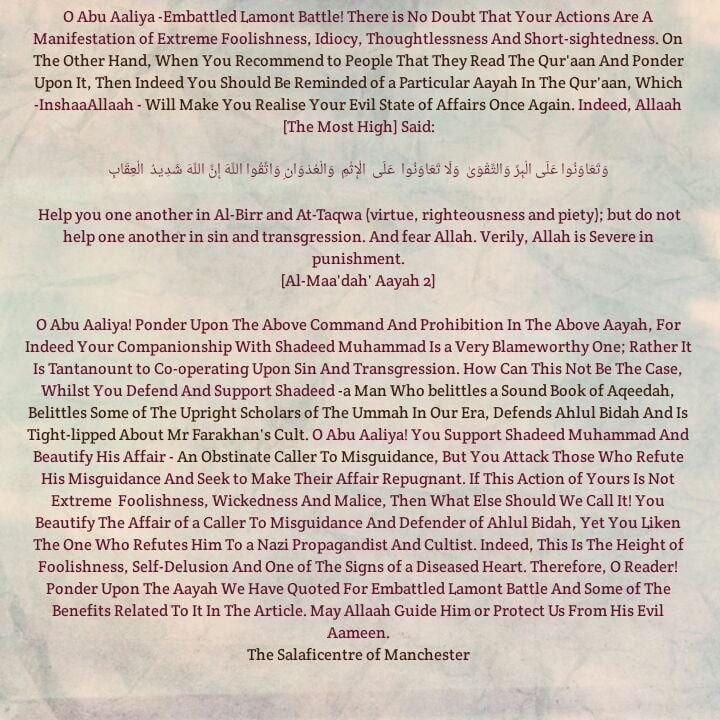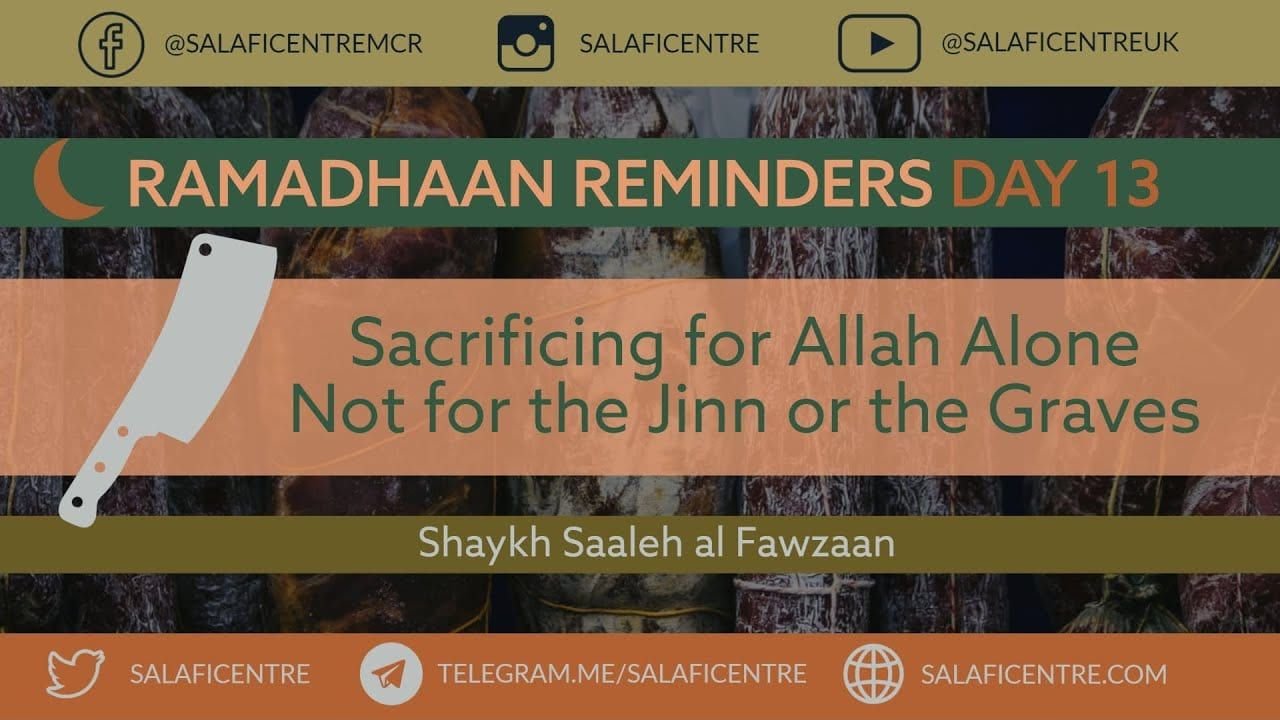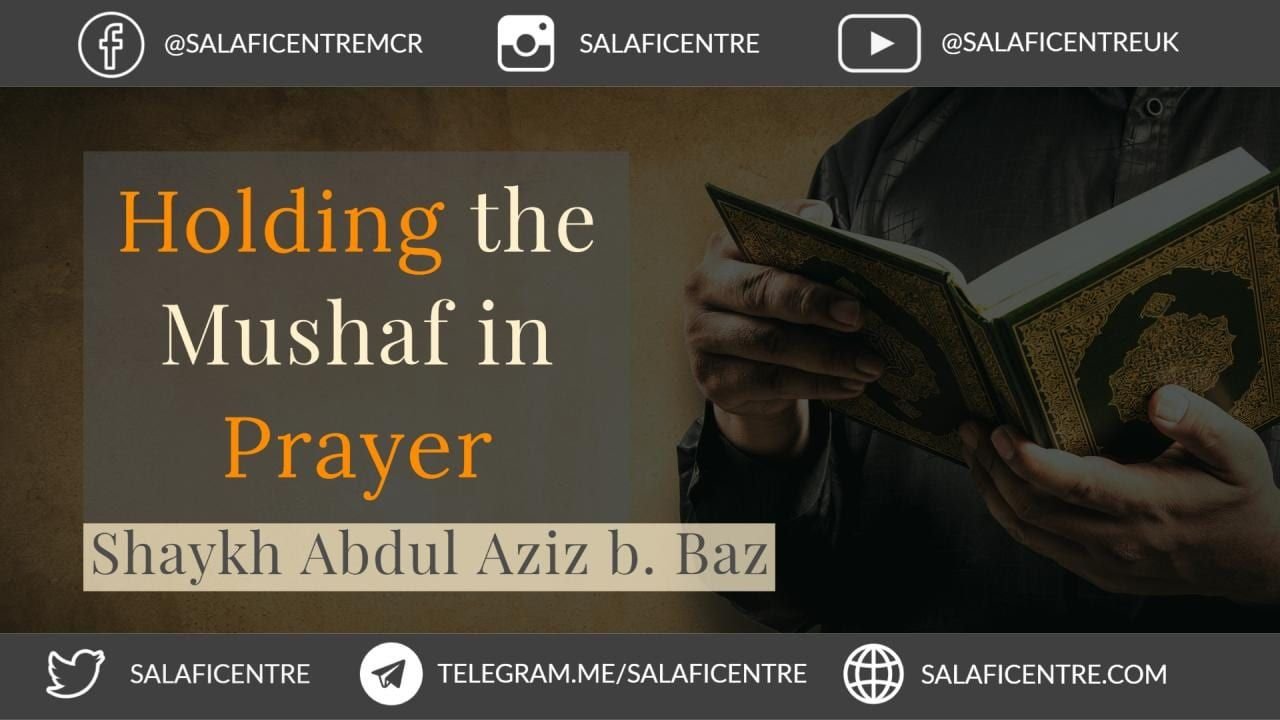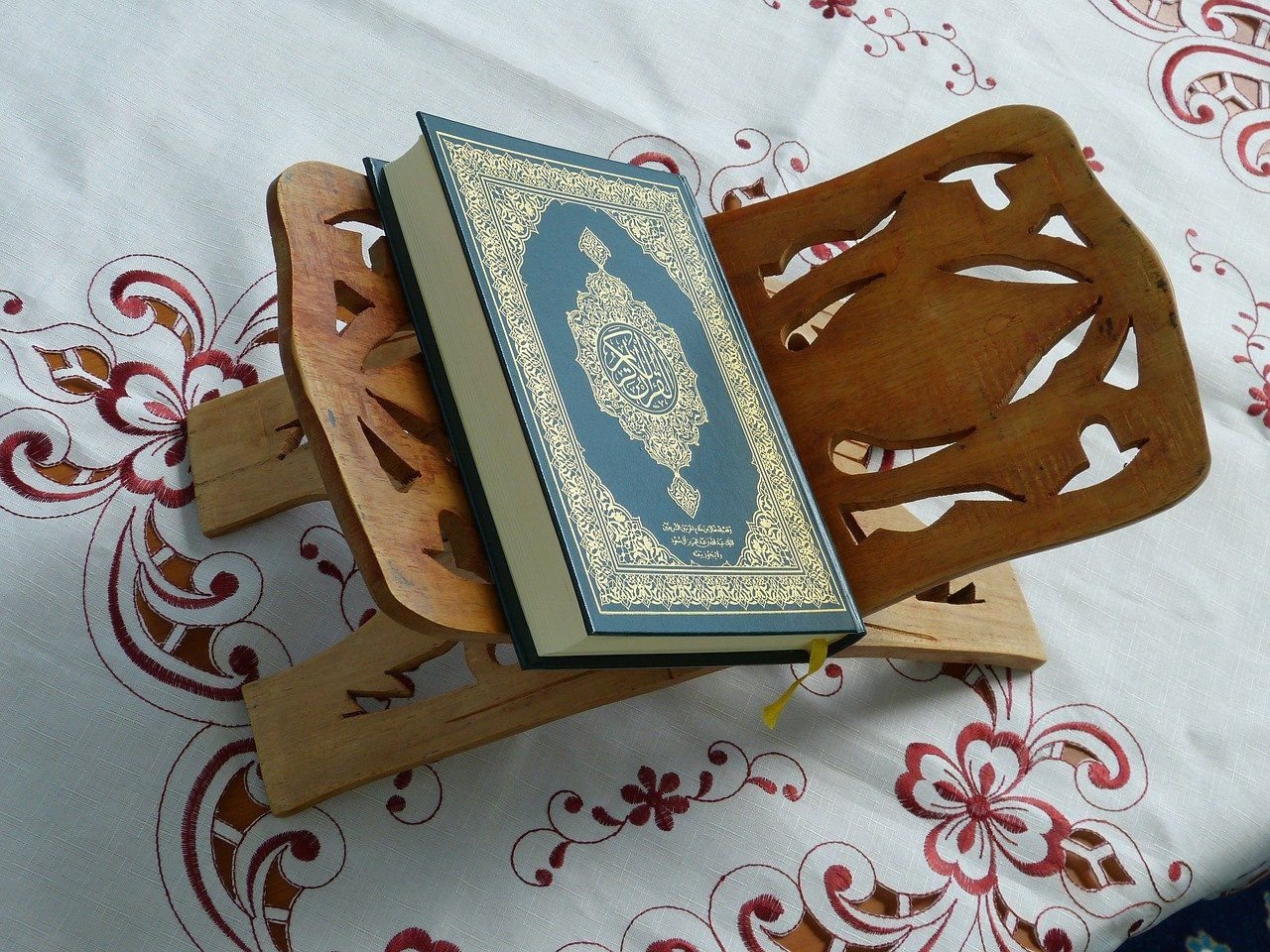Who do we take our Knowledge from? – Shaykh Fawzaan
Question
A man teaches the people the sciences of the Islamic legislation and the Aqeedah of the Salaf even though he did not acquire knowledge from the mashaayikh and the scholars; is knowledge taken from him?
Answer
As long as he does not have foundation from the scholars (i.e. did not acquire knowledge from them in person and has no recommendations for that), rather he sought (knowledge) from papers and books, then knowledge is not taken from him because he does not understand the Madhab of the salaf. And it (i.e. Madhab of the Salaf) is not understood except by studying under the scholars. (It) is acquired (from the scholars)–this knowledge is (acquired from the scholars) and not only through reading. It is acquired (through the scholars), but reading is only an aid and not depended on. The likes of this (person) is called a Muta-aalim* and knowledge is not taken from him.
– Shaykh Saleh al-Fawzaan
*Muta-aalim: [i.e. someone who feigns knowledge and understanding but does/did not seek knowledge directly from the people of knowledge.
[Source: See post number 3 on the following link: http://www.sahab.net/forums/index.php?showtopic=134918 paraphrased]











